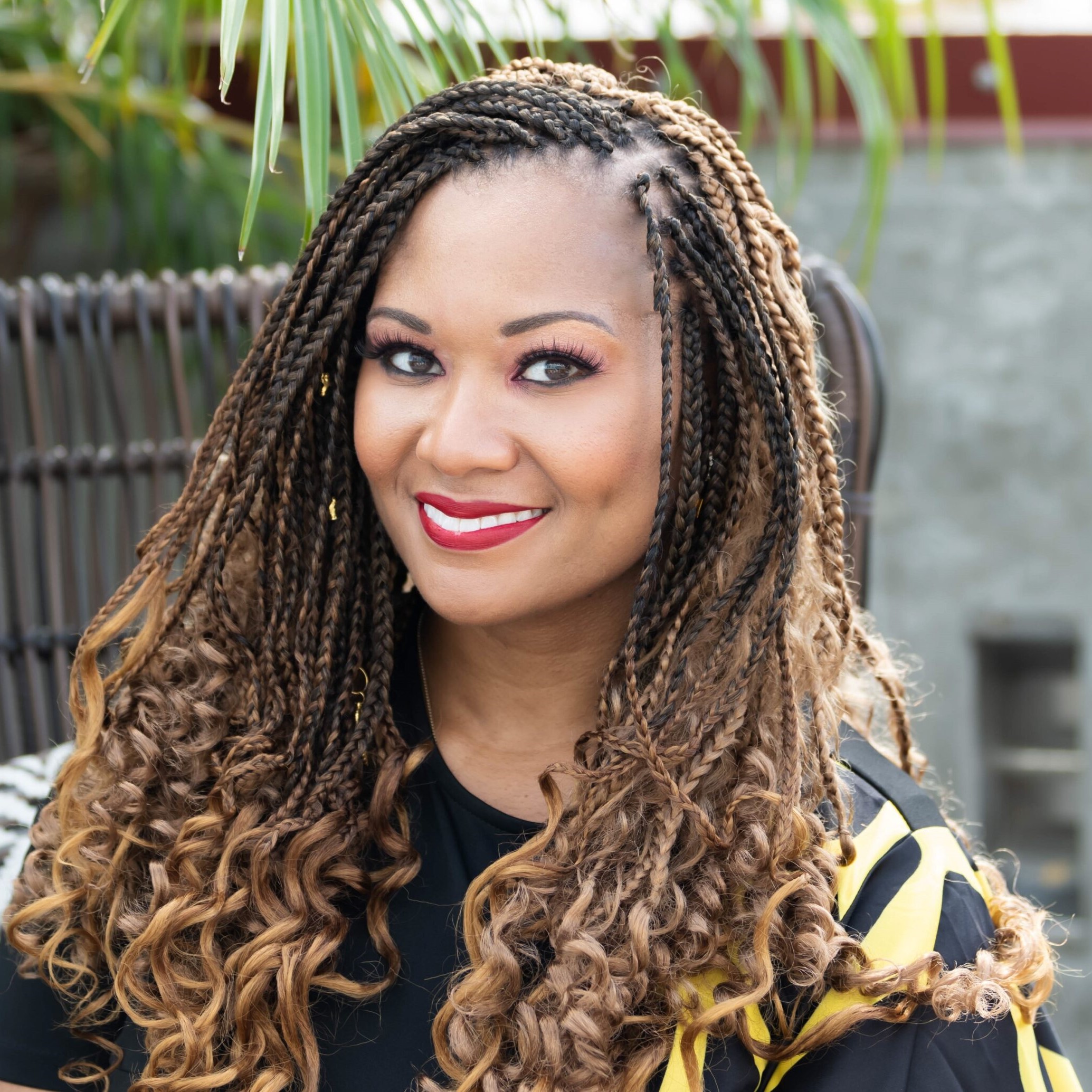Get Comfortable Being Uncomfortable: Engaging in Dialogue About Race and Bias
Course Length
1h 34m
Last Updated
February 10, 2021

Get Comfortable Being Uncomfortable: Engaging in Dialogue About Race and Bias
Table of Contents
Gain confidence in entering conversations about race and inequity.
Overview
Feelings of defensiveness and discomfort are common when engaging in conversations around race and bias. Even those who have done extensive reading on these emotionally-charged topics can find themselves fumbling if they haven’t yet reflected on how their own identities and biases impact the way they show up in the world—and in these difficult conversations.
To get more comfortable engaging in these dialogues, we must first lean into the discomfort of individual reflection and actions that prepare us to enter them in an open and effective way. Join us for a two-hour virtual training where we will explore four key concepts and how they come into play during conversations around race and bias:
- Sources of Bias
- Intersectionality
- Triggers of Bias
- Unpacking Bias
You will be given a workbook of activities, tools, and resources to help you move beyond simply understanding the definitions of these key concepts and begin the hard work of making meaning of how they play out in your life and in any conversation you enter. With the aid of the workbook, you will leave with a plan to continue to strengthen your ability to effectively engage in conversations around race and bias.
Who should attend?
Whether you are a faculty member, frontline staff, or a campus leader, this virtual training will help you move beyond a baseline readiness to effectively engage in conversations around race and bias. You will be equipped with tools and best practices to help you feel more comfortable participating in these dialogues in the future.
Agenda
April 13, 2021
1:00 – 3:00 p.m. Eastern
During this two-hour virtual workshop, Dr. Sandra Miles, Vice President for Student Affairs and Chief Diversity & Inclusion Officer at Flagler College, will lead us as we explore the following key concepts and how they come into play when entering conversations around race and bias. Along the way, you will be equipped with tools, resources, and strategies to help you deepen your confidence in participating in future dialogues:
Sources of Racial Bias
- Where does racial bias come from? How does it play out on your campus, in your career, and in your personal life?
Intersectionality
- How might intersectionality impact conversations around race and bias? What nuances should be considered when entering these conversations with students or colleagues?
- In what ways do your social identities impact your personal and professional life? How do they show up during difficult conversations?
Triggers of Racial Bias
- How can we engage in conversations in a non-triggering way?
- What steps can we take to remove our defensive posture and come to the table ready to effectively listen and learn with, and from, one another?
- When should you step up and when should you step back during these dialogues?
Action Planning to Unpack Racial Bias
- The process of unpacking your own bias is a constant journey and doesn’t happen in a two-hour workshop. Building upon the best practices and key considerations we have discussed so far, you will work to identify your own areas of strength and discomfort in this space. Through a series of discussion prompts and individual reflection activities, you will develop an individual action plan to help move you forward on your journey towards becoming more effective during conversations about race and bias.
Need More Training Like This?
Learn about our Diversity, Equity, and Inclusion philosophy and browse upcoming and on-demand training opportunities. Members get free training access.
Tagged In
Why is this event retired?
At AI we want to always ensure that the best and most current trainings are available to members, and we regularly review our trainings to ensure that is the case.


